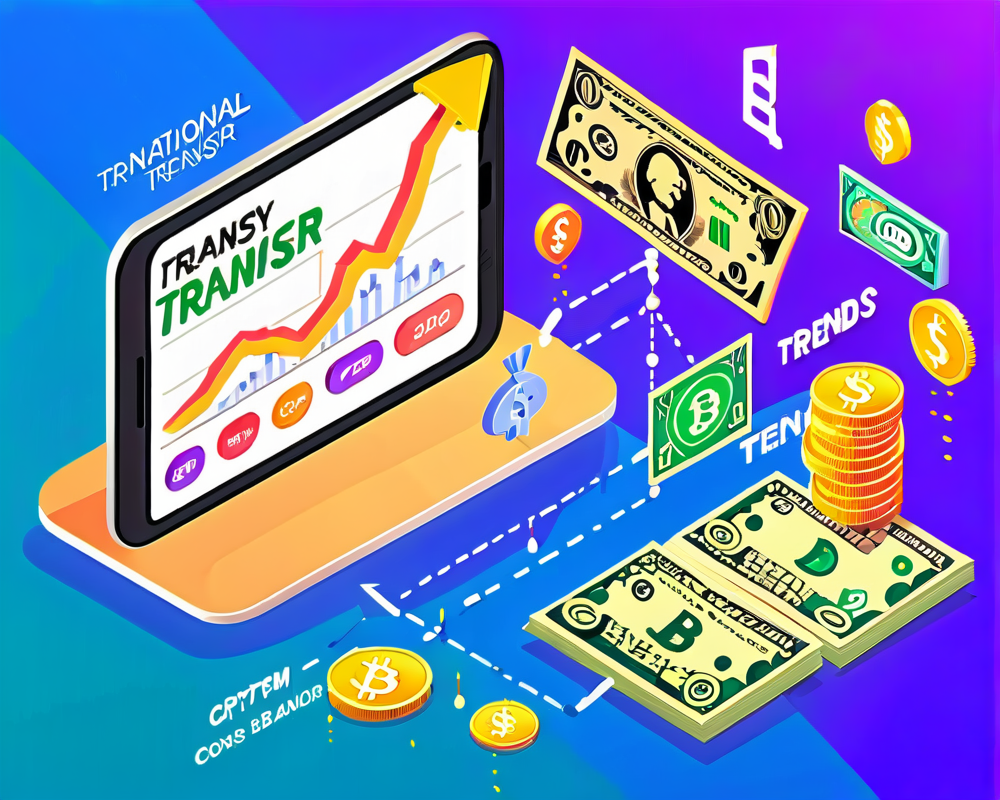Challenges in the Current DeFi Landscape
As decentralized finance (DeFi) has exploded in popularity, it has struggled with serious issues resulting from reckless token models and cybersecurity flaws. This environment of booming innovation has been marred by exploits and hacks that have eroded the trust of both new and seasoned investors. The notion that many DeFi protocols are built on artificially inflated or unsustainable token models has raised valid concerns about their long-term viability.
Combating Unsustainable Models and Focusing on Real Value
Many projects launched during the speculative boom of 2021 relied on high-yield promises that were often unbacked by genuine economic activity. As a result, several notable DeFi projects — including well-known names such as Terra, Voyager, and Celsius — suffered catastrophic failures when speculative capital exited the market. The future of DeFi must involve products built on genuine value propositions and sustainable business models.
The Need for Security Enhancements
The high volume of exploits and hacks in the DeFi sector exposes the lack of focus on cybersecurity as protocols were rolled out without adequate testing. The proactive implementation of security practices, such as independent third-party audits and robust vetting for developers, will be vital for the survival of DeFi projects going into the future. Addressing fundamental security principles will help rebuild confidence among users and investors.
Implementing Portable Identity Solutions with ZK Technology
Integrating zero-knowledge proof (ZKP) technology could play a crucial role in safeguarding privacy and establishing robust identity management within DeFi ecosystems. By using ZKPs, users can verify their identities without revealing sensitive information, allowing seamless transactions with privacy maintained. This could enhance user trust, further bridging the gap between DeFi and the traditional finance landscape.
Developing Standards for DeFi Contracts
Creating a set of standards that define various types of DeFi products is necessary to streamline operations and increase usability across decentralized applications (DApps). Standards like ERC-20 for fungible tokens and ERC-721 for NFTs have significantly bolstered ecosystem growth; similar frameworks for DeFi contracts could provide clarity and reduce confusion among users dealing with complex financial products.
Benefits of Standardization
A universal standard for DeFi contracts would help define secured and unsecured loans, lines of credit, and other crypto asset interactions. This would enhance cross-platform operability, simplify automatic payments, and foster confidence among users regarding asset management and transactions.
Enhancing Accessibility Through DeFi
The promise of DeFi lies in its ability to reach underbanked populations globally, harnessing blockchain’s potential to redefine access to financial services. By ensuring that DeFi protocols focus on creating relatable value—such as providing fair credit and meeting the needs of underserved communities—the industry can move toward sustainable growth that benefits more individuals.
Conclusion: The Path Forward for DeFi
The journey for decentralized finance is filled with challenges, but the potential for innovation and growth is immense. By addressing the pitfalls of the past and working toward responsible development, including regulatory clarity and industry best practices, DeFi can become an empowering force, opening new avenues for financial inclusion and economic participation on a global scale.



